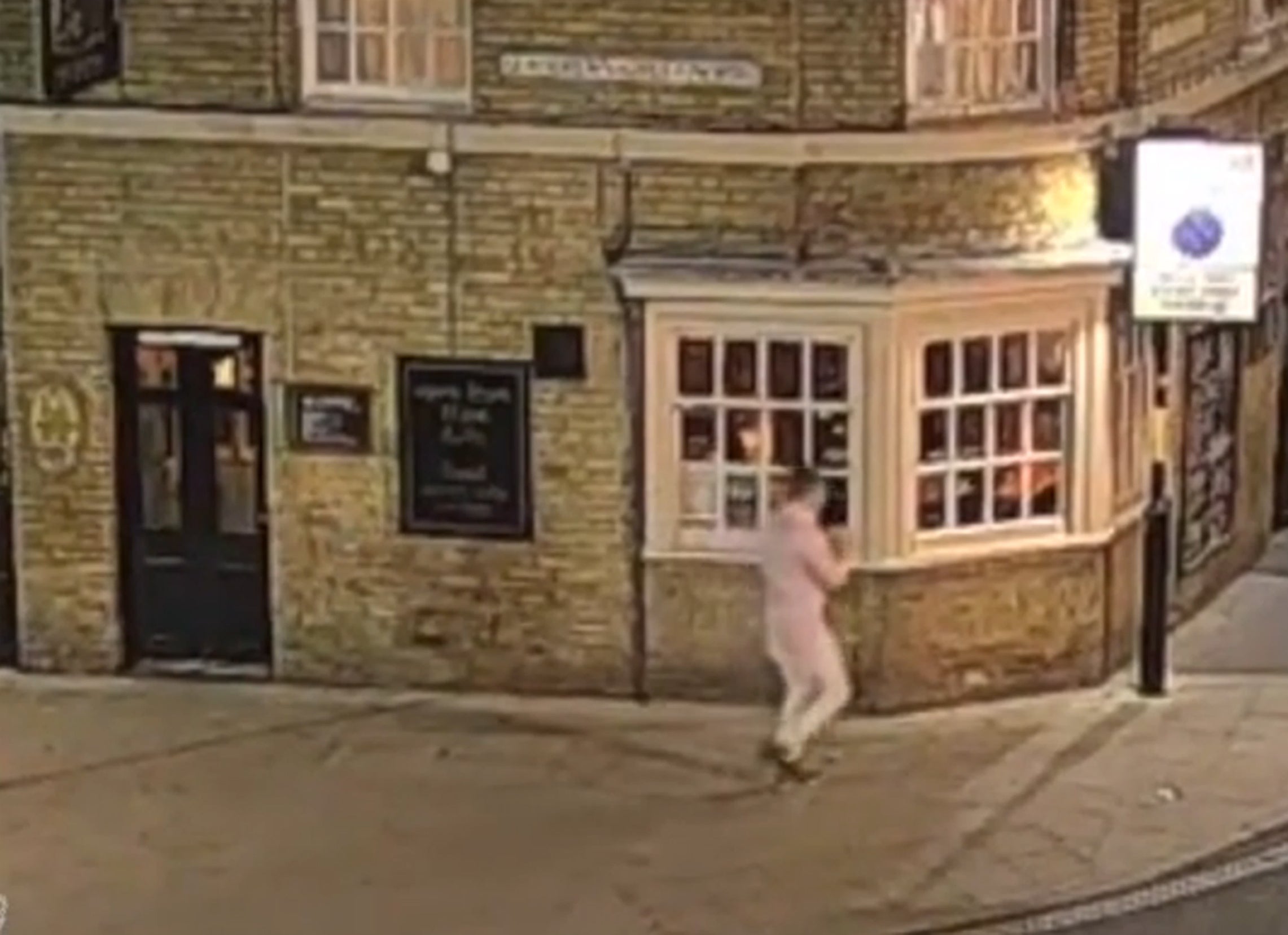Wrong bin weight in Corrie McKeague search was due to error in process – inquest
Device used by the lorry driver to get the weight of the bin had not been cleared before the start of the driver’s shift.

Your support helps us to tell the story
From reproductive rights to climate change to Big Tech, The Independent is on the ground when the story is developing. Whether it's investigating the financials of Elon Musk's pro-Trump PAC or producing our latest documentary, 'The A Word', which shines a light on the American women fighting for reproductive rights, we know how important it is to parse out the facts from the messaging.
At such a critical moment in US history, we need reporters on the ground. Your donation allows us to keep sending journalists to speak to both sides of the story.
The Independent is trusted by Americans across the entire political spectrum. And unlike many other quality news outlets, we choose not to lock Americans out of our reporting and analysis with paywalls. We believe quality journalism should be available to everyone, paid for by those who can afford it.
Your support makes all the difference.A bin was mistakenly thought to have been too light to have had missing RAF gunner Corrie McKeague inside it because a device used by the bin lorry driver to get the weight of the bin had not been cleared before the start of the driver’s shift, an inquest heard.
Mr McKeague, of Dunfermline, Fife, was 23 when he disappeared in the early hours of 24 September 2016 after a night out in Bury St Edmunds, Suffolk.
He was last seen on CCTV at 3.25am on September 24 entering a service area behind a Greggs store.
Police believe that the serviceman, who was stationed at RAF Honington, climbed into a bin which was then tipped into a waste lorry.
Waste firm Biffa initially told police that the weight of the bin was 11kg (1 stone 10lbs) but it was later recorded as 116kg (18 stone 3lbs).
Stephen Graham, IT services director for Biffa, told an inquest in Ipswich how weights are recorded.
“Truck goes out, picks up bin,” he said.
“When you weigh a bin the bin is weighed twice.
“Once when it goes up, once when it comes down, and weight is generated be the difference.
“Full, empty, one minus two.”
He said that, after a bin has been emptied, the driver pushes a button to get the weight on a device in the bin lorry.
These are later uploaded from the device to Biffa’s database.
It’s an error in the process as the device hasn’t been cleared after picking up bins at the Biffa depot
Asked about other weights displayed in the database beside the Greggs bin other than the reported 116kg, including the initially reported weight of 11kg, Mr Graham said: “From our investigations during the course of this inquiry we’re able to see these are bins that were previously collected and we believe they came from the depot where the lorry was kept.
“They are unfortunately confirmed against the Greggs single bin pick up.”
He said that there was “no contract to accept (the bins from the Biffa yard) against” so they were confirmed against the Greggs bin.
He continued: “It’s an error in the process as the device hasn’t been cleared after picking up bins at the Biffa depot.”
Mr Graham said a timestamp by the 116kg weight showed it was from September 24, and timestamps by the other weights, including the 11kg, showed they were from September 23.
He said at the time it had mistakenly been thought that the most recent weight lifted would be at the bottom of the list on the database, but actually it was at the top.
He said he was “99% confident” the 116kg reading was correct”, adding “perhaps I should have said 100% – I think there’s always 1% somewhere for room for anomaly in the world of computers but otherwise 100%”.
Bin lorry driver Martyn Thompson previously told the inquest that he lifted the lid of the bin when he collected it at 4.19am on September 24 and there was no-one inside.
Asked if he could explain the difference between the 116kg weight and what the driver said he saw, Mr Graham said: “Personally no.
“All I can say is this is what the weighing equipment says and this is what the system says.
“I can’t account for what the driver saw.”
The inquest heard that adjustments were made to the front-end IT system, Biffanet, on September 30 so that users would see the weight for the Greggs bin as 11kg, but Mr Graham said that this did not affect the data in the database underpinning it.
Mr Graham said the adjustments were made by someone at the Bury St Edmunds site and there were “no commercial reasons” for doing so.
Mr Thompson had spoken with police on September 29.
Christopher Ball, an area manager for Greggs, said the bin was emptied on Friday, September 23 and 99.22% of sales that day were for takeaway sales, with the remainder for items consumed on the premises.
He said that when the bin was collected on the morning of Saturday, September 24 it would have had “four, five bin bags of potential rubbish” inside, such as paper waste, plastic tubs and coffee grinds.
He said the bin had a lock but this could be “easily popped if someone is strong enough to lift the bin lid”.
The inquest, being heard with a jury, continues.